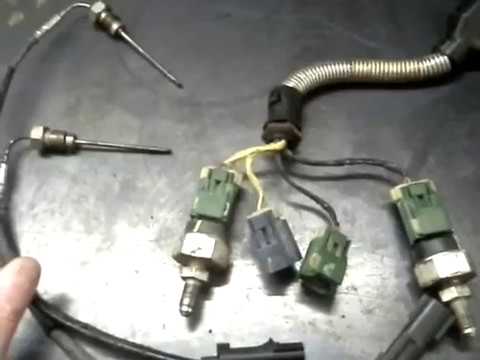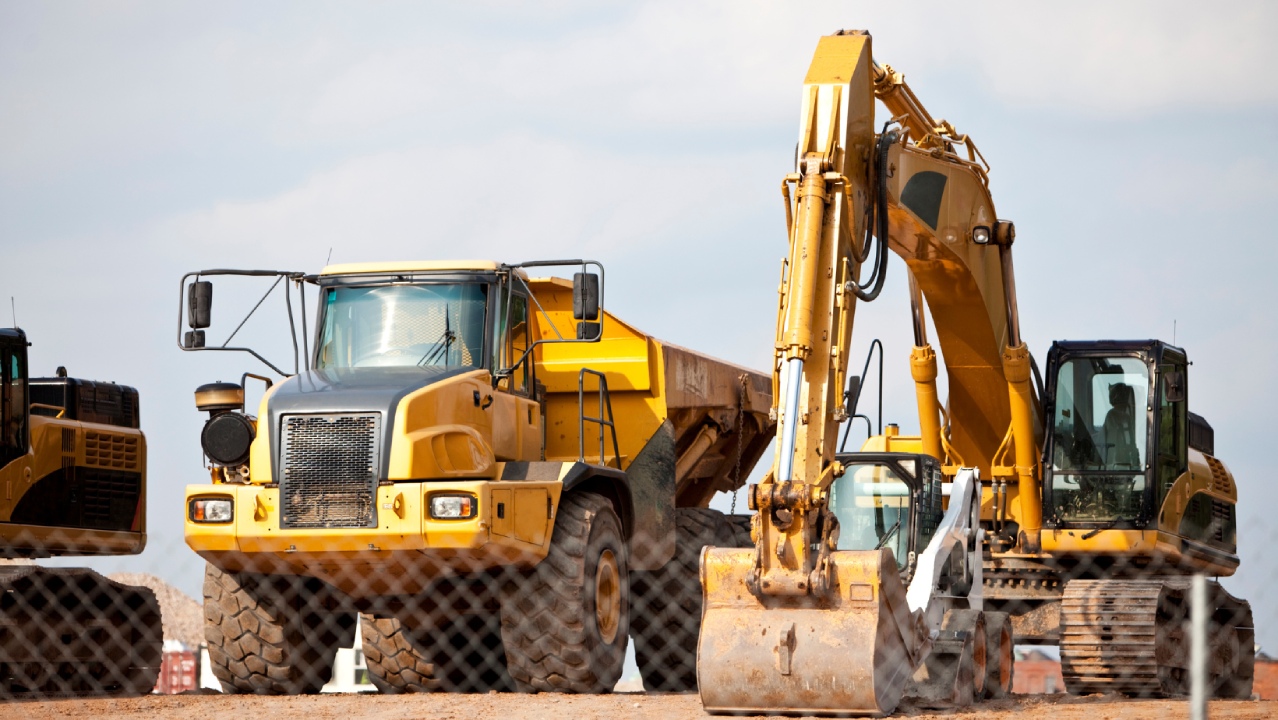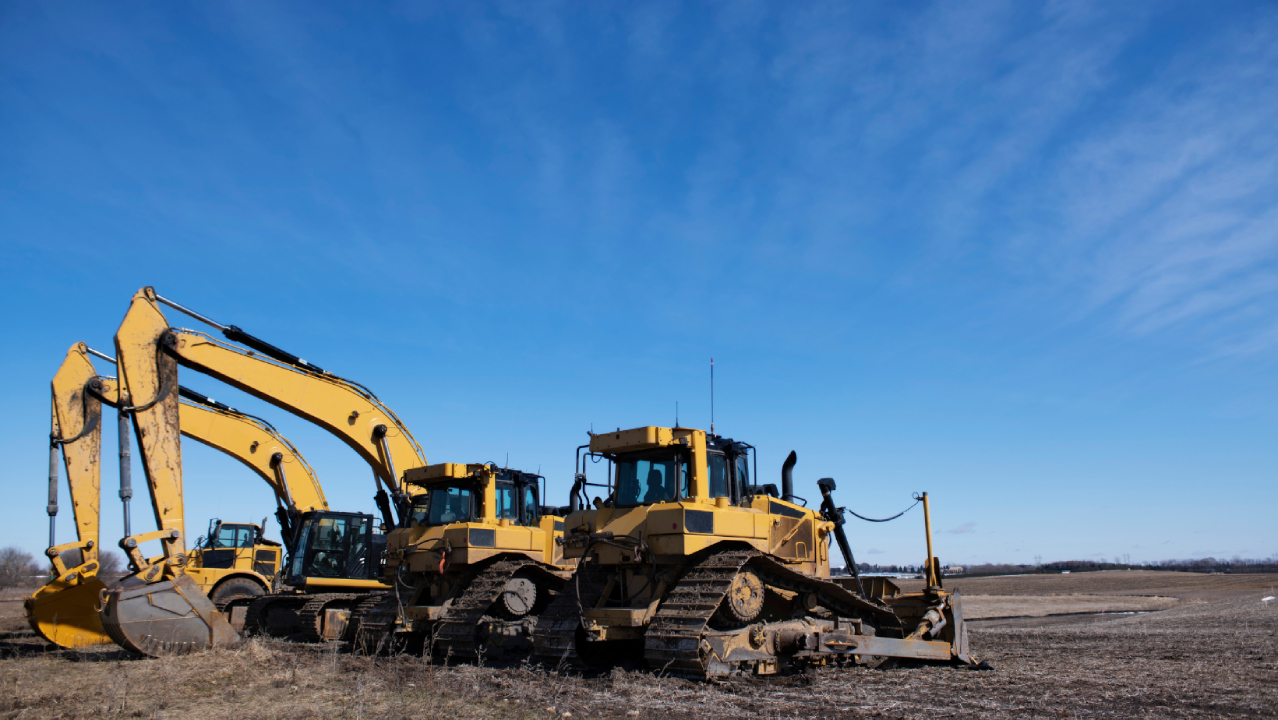Emissions gets a lot of attention these days especially when Donald Trump starts suggesting he wants to roll back emissions by freezing fuel efficiency standards at 2020 levels all the way through to 2026. This would reduce electric vehicle sales and keep people in gas powered vehicles. The freeze would increase oil consumption to half a million barrels a day by 2030 and prevent close to 13,000 traffic fatalities because of the reduction in price of new vehicles increasing driver safety.
Oil means big profits for the U.S. and more demand for car manufacturing. The environment is secondary to cash flow and jobs according to the Trump administration who abandoned the 2015 Paris agreement. But this will take some doing so for now I will talk about emissions today and our diesel engines in the fleet that came outfitted from the factory. There are problems that occur that can be managed and I want to share what we have learned and the steps we have taken with our fleet to reduce failures and keep the fleet down time to a minimum.
The video shows a Mercedes MBE 900 diesel engine harness for the diesel particulate filter. The temperature and air flow is monitored at the inlet and outlet mainly to see if there is a pressure or temperature differential. Obviously if the filter starts to plug up the restriction will cause an engine code to show on the dash that tells us the filter needs to have a regen. This is one of the most important steps to keep the emission system clean and the engine operating properly.
Right now with our International diesel engines we are checking the soot load levels and performing a half hour regen to keep the DPF clean. If there is any restriction at all the heat and back pressure increases. This causes loss of power and a possible DPF failure. Now every 6 to 8 weeks our job now involves hooking up the lap top checking the soot level in the DPF and burning it out to a healthy level.
This procedure is just straight labor so when the buses come in the yard after their run with a hot engine we can do a couple of regens before the afternoon run. There have been positive results with drivers reporting more power out of the gate. The consequences of not doing anything could cause lots of maintenance costs and unnecessary repairs. Lets hope this preventive maintenance pays off in the long run.







